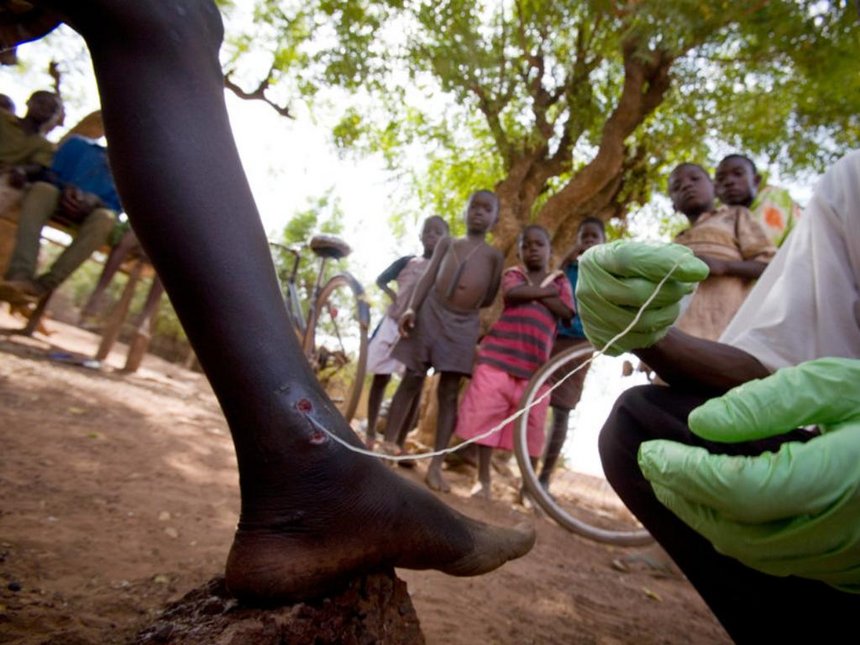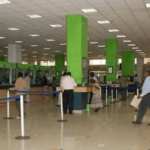Anyone who reports any case of a Guinea Worm infection in Kenya can still win the Sh100,000 reward, the Ministry of Health has said.

“The offer is valid until Kenya is officially certified Guinea worm-free,” head of Neglected Tropical Diseases division Dr Sultani Matendechero told the Star yesterday.
In 2012, the government increased its cash reward to Sh100,000 to any Kenyan who reports any case at the nearest health facility.
Matendechero said no one has claimed the money yet and the country expects to be certified in September, but the offer is still there.
The cases can also be reported through 0732353535 or 0729471414.
Kenya is among the last eight countries in the world that has not been certified free of the GW disease, yet it has not reported any case for 22 years.
The last indigenous Guinea worm case was reported in 1994, although an imported case from a neighbouring country was reported in 2005.
Acting medical services director Dr Jackson Kioko said he is confident Kenya will be certified GW-free this year.
WHO Kenya Disease Prevention and Control officer Dr Joyce Onsongo said an international team will assess the country’s preparedness for certification.
Guinea worm will be the second disease after smallpox to be eradicated in the world, and the first disease to have been eradicated using only public health strategies, without the use of any drug or vaccine.
“We stand ready to send an International Verification Team to evaluate Kenya and Sudan, as both countries continue to implement heightened surveillance involving thousands of health workers through integrated disease surveillance programmes,” said Dr Dieudonné Sankara, who leads WHO’s dracunculiasis eradication unit.
According to WHO, people do not usually have symptoms until about one year after they become infected.
When the adult female worm is ready to come out, it creates a blister on the skin anywhere on the body, but usually on the legs and feet.
This blister causes a painful burning feeling and it bursts within 24-72 hours. Immersing the affected body part in water helps relieve the pain but also contaminates the water further and starts the cycle over again.
A country reporting zero cases over 12 consecutive months is believed to have interrupted transmission and is classified as being in the pre-certification stage.
Countries in the pre-certification stage include Burkina Faso, Chad, Côte d’Ivoire, Kenya and Togo.
After at least three years of pre-certification and consistent reporting of zero indigenous cases, a country becomes eligible for certification.













